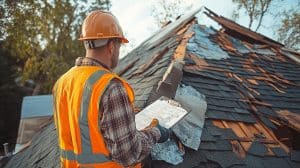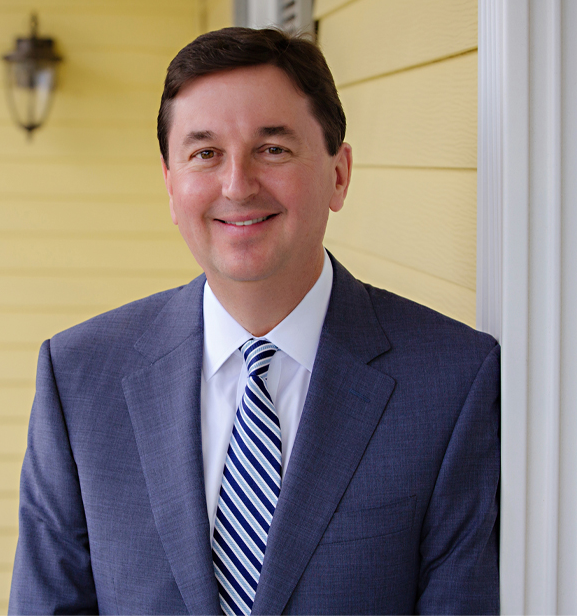Structural Collapses in North Carolina
 When you think about a structural collapse, your first thought is likely a building crumbling to the ground. Catastrophic events like these are rare, but they do happen – with devastating consequences. Here in North Carolina, structural collapses can result from various factors, including poor construction practices, aging infrastructure, or natural disasters. All of these take a severe toll on victims and their families.
When you think about a structural collapse, your first thought is likely a building crumbling to the ground. Catastrophic events like these are rare, but they do happen – with devastating consequences. Here in North Carolina, structural collapses can result from various factors, including poor construction practices, aging infrastructure, or natural disasters. All of these take a severe toll on victims and their families.
What are the common causes of structural collapses?
A structural collapse doesn’t just happen out of nowhere. It’s typically the result of preventable mistakes or maintenance. Some of the common causes include:
- Construction defects. Mistakes made during construction are a leading cause of structural failures. These include poorly designed blueprints, use of substandard materials, failure to follow building codes, or inadequate supervision of construction crew. The stability of a structure is compromised when builders or contractors cut corners – increasing the risk of collapse.
- Aging infrastructure. North Carolina is home to many old buildings, bridges, and structures. Without regular maintenance, these structures can become unsafe over time. Weak foundations, rusted beams, or cracked concrete are all warning signs that often go unnoticed until it’s too late.
- Natural disasters. The Tar Heel State is no stranger to hurricanes, floods, and even the occasional earthquake. These natural events can weaken a structure or cause a collapse, especially if the building wasn’t designed to withstand such forces.
- Buildings, balconies, and other structures have weight limits. Exceeding these limits – through too many people, heavy machinery, or storage – can lead to a disaster.
- Negligent maintenance. Property owners and managers have a duty to keep their buildings safe. Catastrophic structural failures can result when they fail to inspect and repair things like leaking roofs, unstable staircases, or faulty electrical systems.
What types of injuries happen in structural collapses?
During and after a structural collapse, resulting injuries can be severe or even life-threatening. The type and extent of these injuries depend on the size of the collapse and how many people were in or near the building at the time. These injuries can include:
- Traumatic injuries, like broken bones, severe cuts and lacerations, spinal cord injuries, and traumatic brain injuries. These types of injuries often require extensive medical treatment and a long recovery period.
- Crush injuries from being trapped or crushed by falling debris. These injuries can lead to compartment syndrome, amputations, or organ damage.
- If the collapse involves a fire, victims might suffer from burns or respiratory problems caused by smoke inhalation.
- The emotional toll of surviving a structural collapse can be just as severe as physical injuries. Many victims experience PTSD, anxiety, or depression following this traumatic type of event.
Who is liable in a structural collapse case?
One of the most important parts of a structural collapse case involves figuring out who is responsible. Liability might not always be straightforward, and multiple parties can share the blame.
- If the collapse was caused by a construction defect, the company or contractors responsible for building the structure can be held liable. This includes architects, engineers, and subcontractors who failed to do their job properly.
- Property owners have a legal obligation to maintain their buildings and make sure they’re safe for occupants and visitors. They can be held liable for a collapse if they neglect necessary repairs or inspections.
- Sometimes, the materials used in construction are defective. If a collapse happens because of faulty beams, concrete, or other materials, the manufacturer could share responsibility.
- When natural disasters are to blame, liability can become complicated. These events are often seen as “acts of God,” but negligence in preparing for such events – like failing to meet hurricane-resistant building standards – can make someone liable. Our Charlotte personal injury attorneys can explain more.
What should I do after a structural collapse?
If you or a loved one were injured in a structural collapse, you do have legal rights. Take the following steps for the best possible outcome for your case:
- Seek immediate medical attention. Your health and safety should always come first – even if you feel fine, some injuries may not be immediately apparent.
- If it’s safe to do so, take photos and videos of the collapse site. Documenting the scene can provide important evidence for your case.
- Get contact information from anyone who witnessed the collapse. Their statements could support your claim.
- Consult with a Charlotte structural collapse attorney. The skilled lawyers at Price Petho & Associates can help you work through the legal process, gather evidence, and build a strong case.
- Your lawyer can help you file a personal injury claim against the responsible parties. This can include your claims for medical expenses, lost wages, pain and suffering, and property damage.
How can your Charlotte personal injury lawyers help?
Don’t try to handle your structural collapse case alone. Our personal injury attorneys can assist you by:
- Working with experts like structural engineers and safety inspectors to determine the exact cause of the collapse and identify who should be held responsible.
- Handling all communications and negotiations so that you receive fair treatment throughout the process rather than being manipulated or pressured by insurers.
- Preparing to take your case to court if you can’t reach a fair settlement and fighting for the compensation you deserve.
Preventing structural collapses
We understand that you can’t control the actions of others, but there are steps you can take to protect yourself and your loved ones from a structural collapse.
- Pay attention to signs of structural instability, like cracks in walls or ceilings, sagging floors, leaking water, or unusual creaks or noises.
- If you’re a tenant, encourage property owners to conduct regular inspections and address maintenance issues promptly.
- Understanding your legal rights can empower you to take action if you feel unsafe in a building or workplace. Our Charlotte personal injury attorneys can help.
If you or a loved one has suffered due to a structural collapse, you don’t have to face the aftermath alone. At Price Petho & Associates, we’re dedicated to fighting for the justice and compensation you deserve. Contact us today for a free consultation, and let’s start building your case. Together, we can make sure your voice is heard, and your rights are protected. Please call our office or submit our contact form to schedule a free consultation at one of our Charlotte, Rutherfordton, or Rockingham offices today.

Attorney Doug Petho is the owner and founder of Price, Petho & Associates. His primary focus is the litigation of plaintiff’s personal injury suits, and he has successfully tried hundreds of cases to jury verdict involving car accidents, trucking accidents, pedestrian accidents, slip and fall accidents, and work-related accidents. Contact his office in Charlotte today.
